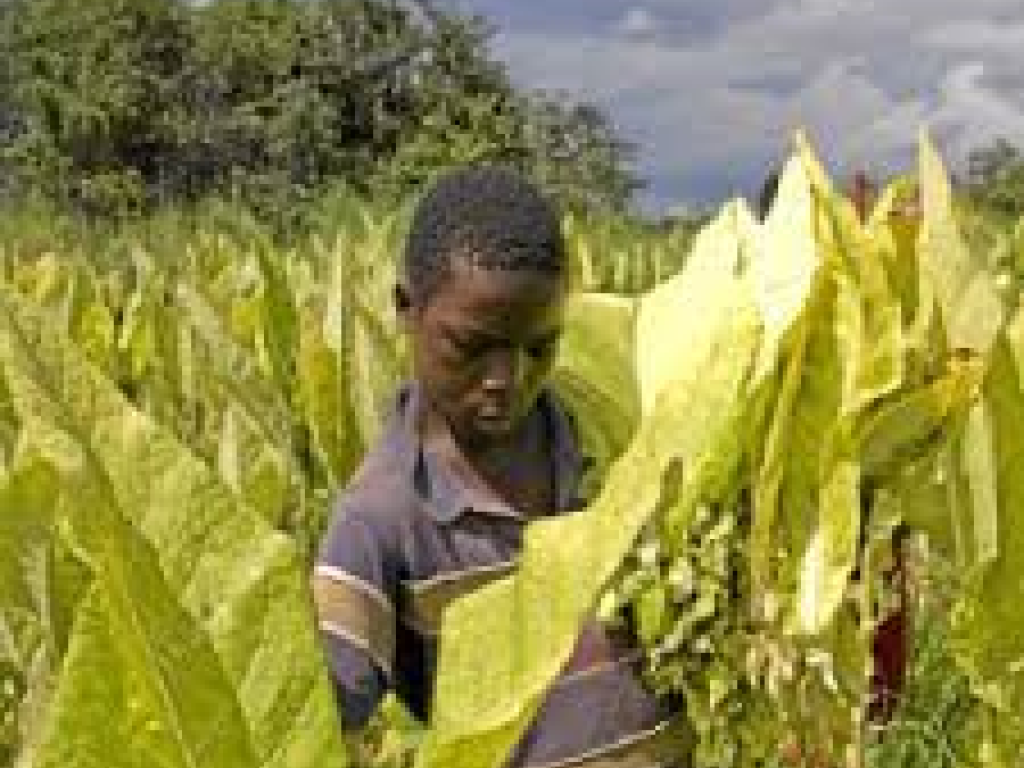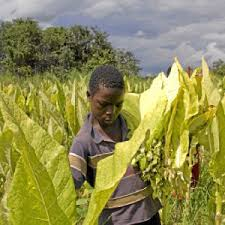ETCP makes submission to Parliamentary high level panel


There was consequently a call for submissions by individuals/organisations wishing to comment on these issues. The ETCP made a submission to the High Level Panel to make a case for tobacco control policy, arguing that tobacco use contributes towards poverty, unemployment and inequality.
Tobacco expenditures exacerbate poverty in the short- and long-term. Children in tobacco consuming households receive less education, and are less well-nourished than those in tobacco-free households. Investments in schooling and nutrition tend to lead to cognitive and educational advantages, which in turn lead to labour market advantages in later life. Children from tobacco-consuming households are less likely to complete schooling, find employment, or, if they do find employment, to be employed in well-paying jobs. To the extent that tobacco consumption results in underinvestment in education and undernutrition (which affects the cognitive development of children) this would perpetuate a tobacco-related cycle of poverty.
An argument often posited by the tobacco industry is that tobacco taxation is regressive (i.e. they end up hurting the poor more than the rich). While in some countries it is true that the tax is regressive, this is not true for South Africa, and, in fact, there is strong evidence that increases in the excise tax reduce its regressivity.
